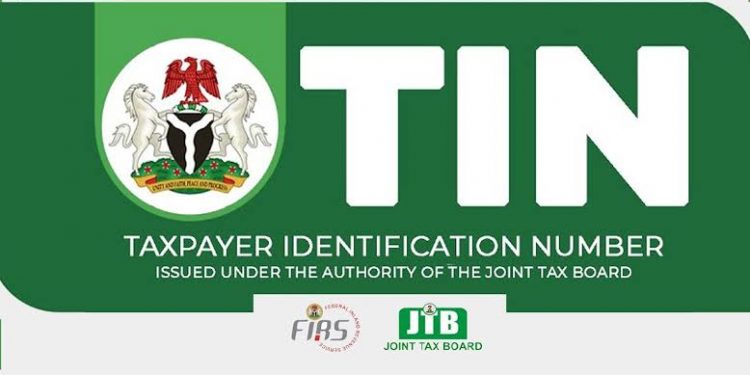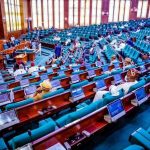The Federal Inland Revenue Service (FIRS) has dismissed claims that Nigerians must obtain a separate Tax Identification Number (TIN) before they can own or operate a bank account, stressing that the country’s new tax framework is fully integrated with existing national registries.
The clarification follows reports that sparked public concern, suggesting that from January 2026, citizens would be required to present a TIN to open or maintain bank accounts. The reports raised fears that the policy would create additional bureaucratic hurdles for individuals and businesses.
Responding to the controversy, the Technical Assistant on Broadcast Media to the Executive Chairman of FIRS, Arabinrin Aderonke Atoyebi, described the reports as misleading. In a statement shared via her official X handle on Saturday, she noted that Nigeria’s tax reforms were designed to simplify compliance, not complicate it.
“In recent debates about Nigeria’s tax reforms, a widespread misconception has taken root: that citizens without a Tax Identification Number (TIN) cannot own or operate a bank account. This is not the case,” she explained.
She clarified that the country’s tax system has evolved to integrate seamlessly with national registries such as the National Identification Number (NIN) and records from the Corporate Affairs Commission (CAC). This integration, she said, ensures that every eligible individual or entity is automatically identifiable for tax purposes without the need to apply separately for a TIN.
According to Atoyebi, the TIN is a 13-digit identifier created to uniquely capture the details of taxable persons and entities across the country. It is being implemented under the National Taxpayer Directory as part of the Nigeria Tax Administration Act (2025). The framework is designed to modernise tax administration, improve compliance, and expand Nigeria’s tax base without adding unnecessary barriers for citizens.
The clarification is expected to ease concerns among individuals and businesses, especially small and medium-sized enterprises, who feared the earlier reports signalled a new round of complex documentation requirements.
By linking existing databases, FIRS says the new framework will provide a centralised, transparent, and accessible tax system, ensuring efficiency in identification and reducing duplication in government processes.










